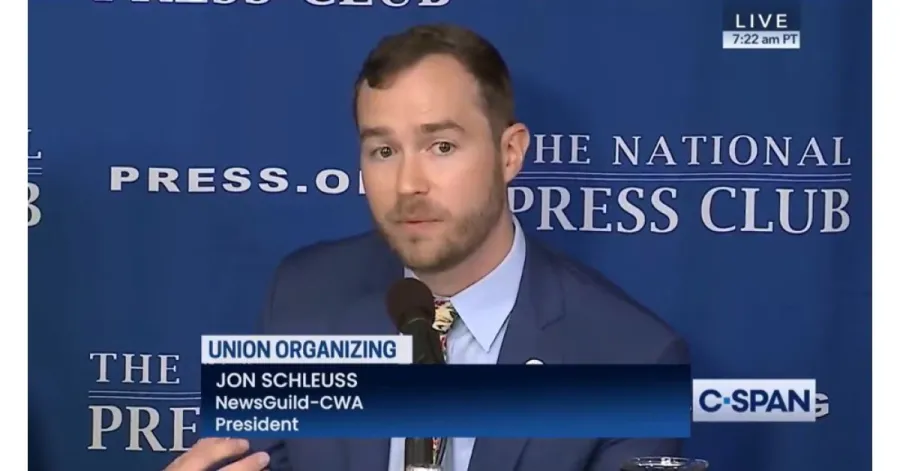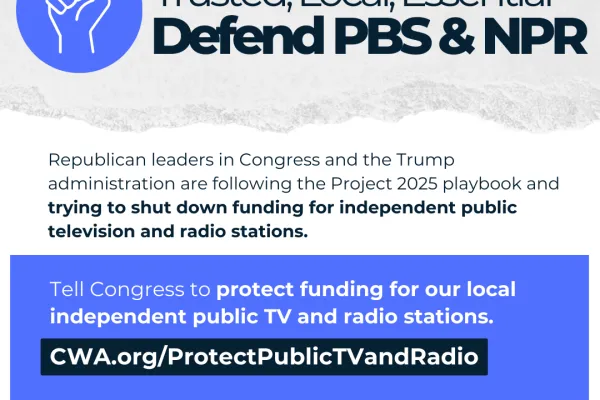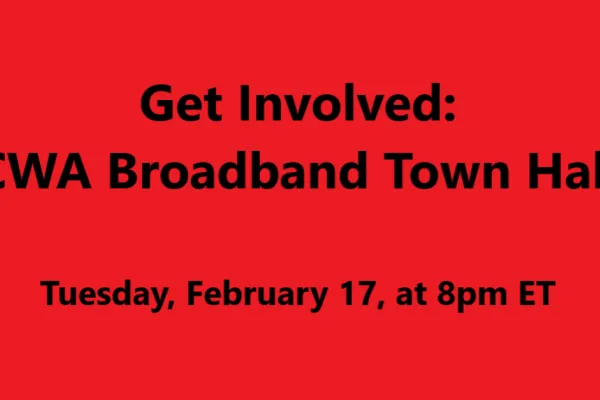NewsGuild-CWA Joins Panel on NLRB and Union Organizing


NewsGuild-CWA President Jon Schleuss joined a panel of labor leaders for a discussion on the National Labor Relations Act and the state of union organizing at the National Press Club. Panelists included Brian Petruska, general counsel of the Laborers International Union of North America (LIUNA) Mid-Atlantic Regional Organizing Coalition, and Jennifer Abruzzo, National Labor Relations Board General Counsel.
According to the most recent data released by the Bureau of Labor Statistics, the number of union election petitions increased 27 percent from Fiscal Year 2023 to 2024, doubling since Fiscal Year 2021. Yet just 10 percent of wage and salaried workers in the U.S. belong to a union, a decrease of 20 percent from 1983. Meanwhile, employers are increasingly challenging the constitutionality of the National Labor Relations Board and its authority to enforce the National Labor Relations Act.
When asked what needs to happen when employers attempt to thwart labor law, Schleuss highlighted the potential for penalties on companies that violate the National Labor Relations Act, such as those outlined in the House bill called the Protecting America's Workers Act.
"There should be some real aggressive penalties for companies that violate the law," Schleuss said, pointing out the long delays in addressing unfair labor practices during the two-year strike at the Pittsburgh Post-Gazette. "I think there should be strong fines and the potential for jail time for companies and bosses who break the law. This is the law. There should be consequences for violating the law."
Since 2019, more than 7,500 workers from more than 180 workplaces have organized with NewsGuild-CWA. The full panel is available to view here.
---
This post originally appeared on cwa-union.org.

